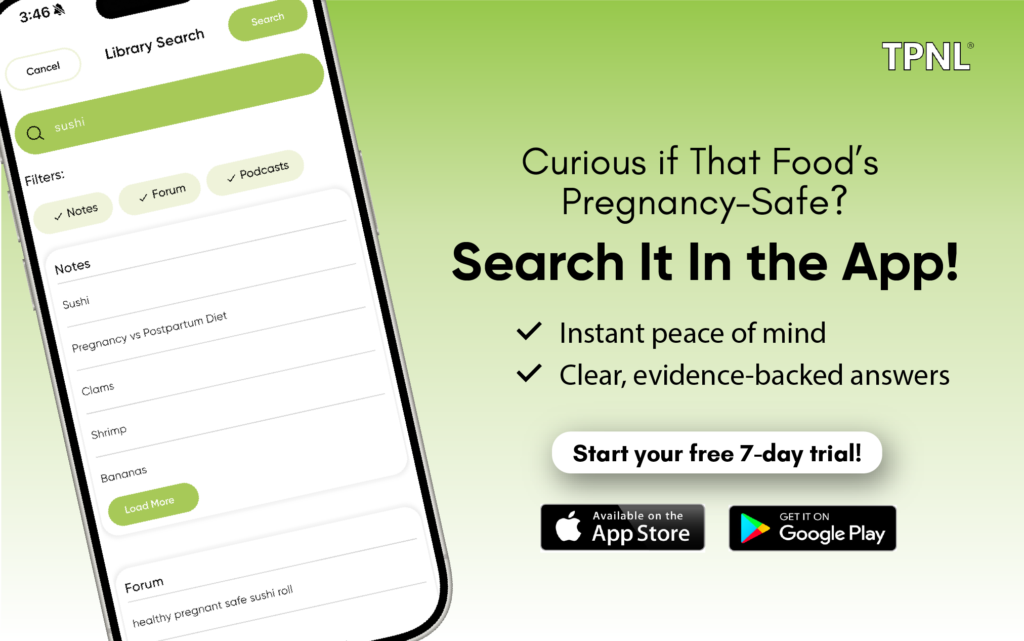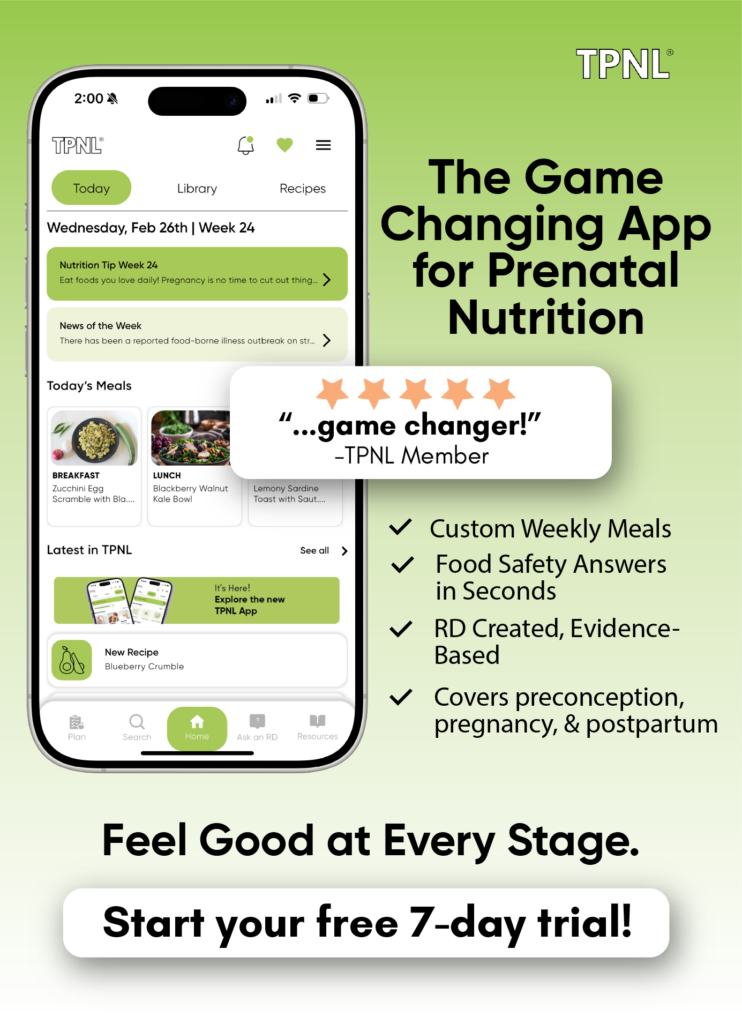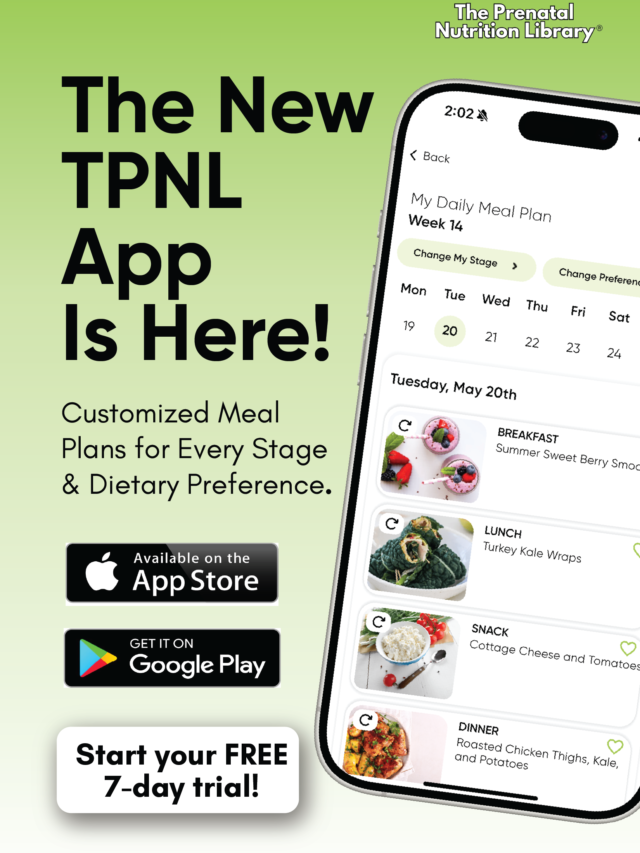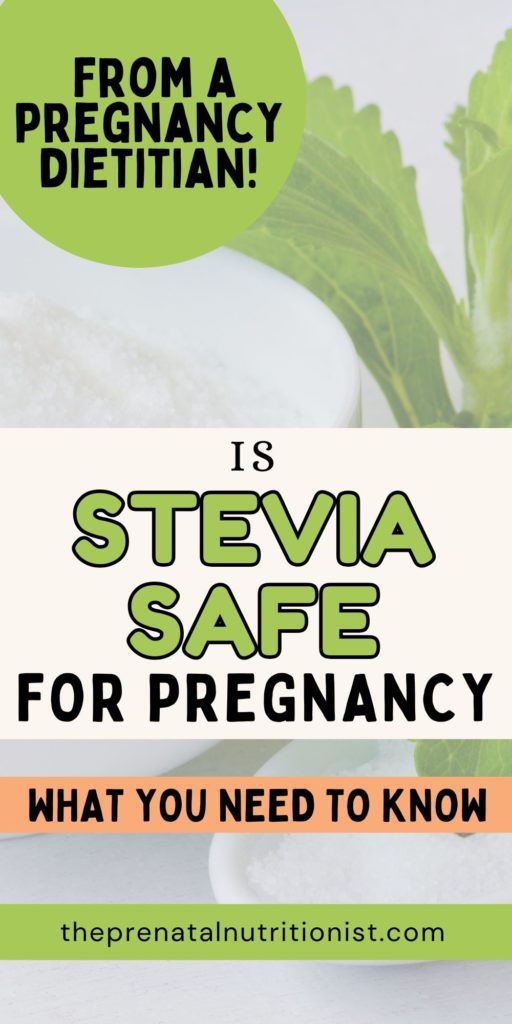
Sugar during pregnancy is one tricky subject! For starters, it’s clearly important to cut back on sugary treats once you find out you’re expecting. This is because eating too much sugar can have a negative impact on your pregnancy journey and on your growing baby.
Excessive sugar consumption has been linked to poorer childhood cognition, a higher risk of gestational diabetes, preeclampsia development, and increased chances of your baby becoming overweight in the future. It can also contribute to unhealthy pregnancy weight gain. All pregnant women should be mindful of their sugar consumption during pregnancy for their growing baby and themselves. It can be a challenge. That’s because sugar is often hidden in foods and beverages (and even chewing gum).
However, avoiding your average table sugar comes with the discovery of many sugar substitutes and artificial sweeteners. A few of the most popular ones are aspartame, neotame, saccharin, sucralose, acesulfame potassium, and stevia.
Stevia is a non-nutritive sweetener that has become increasingly popular in the past years. And it is even predicted to have a US market value of about 83.6 million dollars. Because of its growing use, today I’m focusing on this particular sugar substitute! Keep reading to find out if stevia is safe for pregnancy!
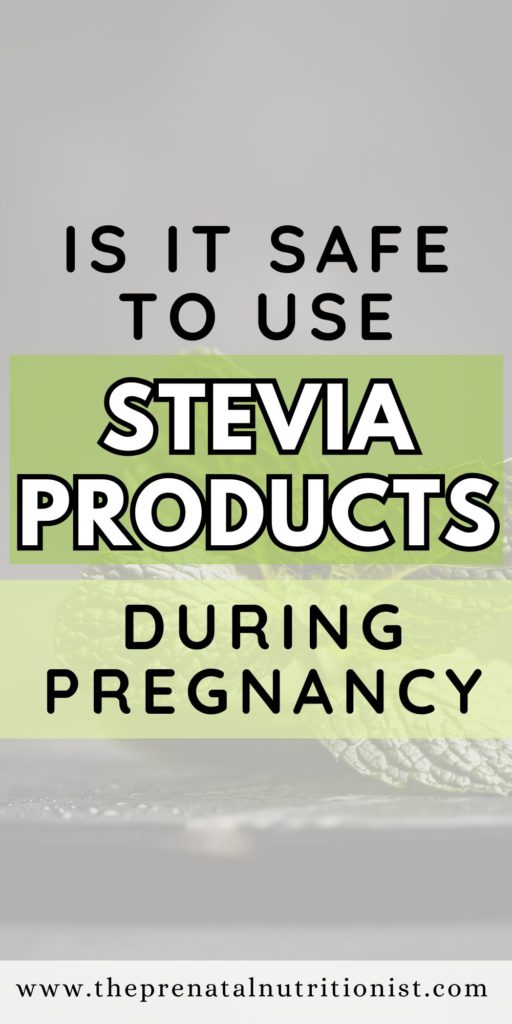
Is Stevia Safe For Pregnancy?
First things first, what is stevia?
This popular low-calorie sweetener is made from the Stevia rebaudiana plant, native to Paraguay and Brazil. Studies have found people from South America and Asia have been using it for centuries both as a sweetener and for medicinal purposes. It’s about 100 to 300 times sweeter than table sugar! Before you get too excited, I have to warn you that not everyone finds stevia tasty. Some think it has a metal-like flavor, odd aftertaste. Or it’s just too bitter for their palate. But I encourage you to judge it for yourself!
Stevia can be categorized into three stages of its refinement process.
The first one is the plant at its purest form, the fresh stevia leaves. Then we have the dried leaves. Virtually similar to the first stage but made to last longer before eating. You can use fresh or dried leaves for an infusion or as an edible decoration or sweetener agent.
Lastly, we have stevia extract! This can come either in powder or liquid form. To make the extracts, stevia plants are dried and go through a water extraction process. The most common way to consume stevia in the U.S. is through the granulated version of the plant’s refined extract.
Okay, so is stevia safe to use during pregnancy?
As with most sugar-free sweeteners during pregnancy, the answer is: it depends.
Whole stevia leaves and unprocessed stevia extracts have not been deemed safe for pregnant women. The Food and Drug Administration (FDA) states that the whole leaf is not a GRAS (Generally Recognized As Safe) dietary supplement or food. While crude stevia isn’t safe for pregnant women, refined extracts (e.g., Truvia or Stevia in the Raw) can be consumed in moderation and are “generally recognized as safe” by the FDA.
This means this form of stevia is safe to use during pregnancy—but not in excessive ways. Use in small amounts!
It’s also important to note that some expert committees on food additives, such as the Joint FAO/WHO Expert Committee on Food Additives (JECFA), have reviewed steviol glycosides—the active compounds in Stevia rebaudiana—and concluded that they do not pose a safety concern within the established acceptable daily intake (ADI). However, research is still limited on how stevia interacts specifically during pregnancy and lactation. And whether it may affect developing babies differently.
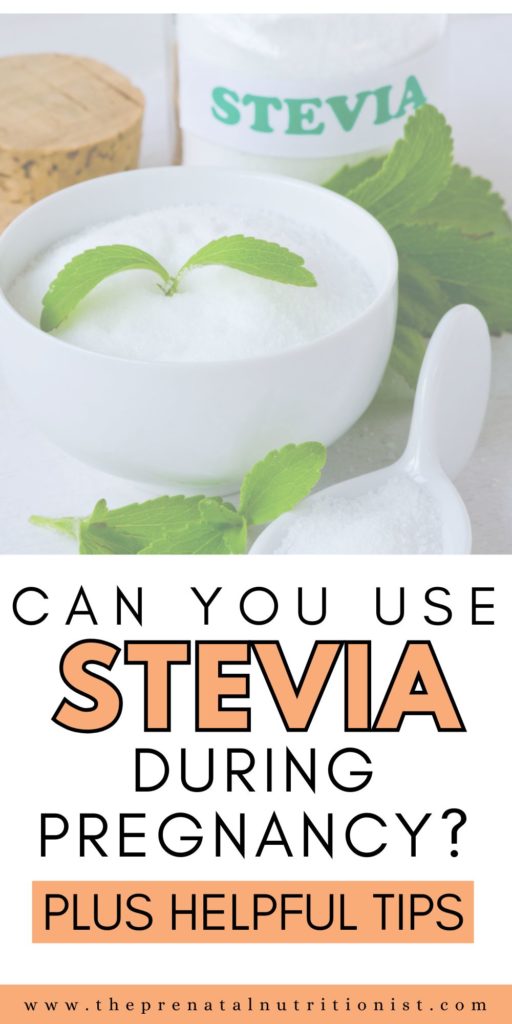
What To Consider Before Consuming Stevia During Pregnancy
Stevia should be part of a pre-existing healthy pregnancy diet.
While stevia is a no-calorie sweetener, you shouldn’t take advantage of that fact to eat tons of sweet treats instead of nutrient-dense foods. All pregnant women should eat a balanced diet that’s high in vitamins and minerals! It is always best to get as much protein, complex carbs, fiber, and healthy fats as you can with every meal.
Aim for sweet treats in moderation. And focus on tuning into what your body really needs at the time. And, while you’re at it, head over to THIS article to find out which are the 7 most common food pregnancy myths!
Check with your doctor + dietitian for a recommended daily dosage of stevia.
Although stevia is generally recognized as safe to use during pregnancy, you should still limit your intake of this sweetener. Since there’s no conclusive research on how much stevia pregnant women can safely include in their diets, it’s best to talk to your doctor and dietitian about it. They’re the best professional resource who can work with you to figure out what’s right for your pregnancy journey and lactation period.
It’s worth noting that studies show some sweeteners, like acesulfame potassium, can cross the placenta. Meaning, they reach your baby’s circulation. While there’s currently no strong evidence suggesting stevia does this to a harmful degree, researchers emphasize caution until we know more. Some findings have hinted at an increased risk of metabolic changes or taste preference shifts in children when mothers consume large amounts of non-nutritive sweeteners during pregnancy and lactation.
Stevia may alter your gut bacteria.
Your gut microbiome influences many aspects of your health. Including your weight, inflammation, mental health, your immune system, and your pregnancy! Research suggests gut health may play a role in the development of infant allergies, preterm birth, gestational diabetes, and risk of developing pre-eclampsia. For these reasons, it is important to both include foods that improve your gut health and limit those that may interfere with them. Stevia is likely a better choice than mainstream sweeteners like sucralose and aspartame. But we still need more data to conclusively say it has a limited impact on our health.
Beware of sneaky stevia-heavy foods and drinks.
Soft drinks, candy, and dairy products like ice cream often use stevia as a sugar substitute while mixing it with other artificial sweeteners, often for taste. And now, smoothies, bars, and protein powders are using stevia, too. Eating too much of these processed foods has the potential to spike your blood sugar levels and alter your hunger cues for the day. So even though they have little to no calories, it is best to enjoy them in moderation. Swap those for some healthy sweets for pregnancy instead!
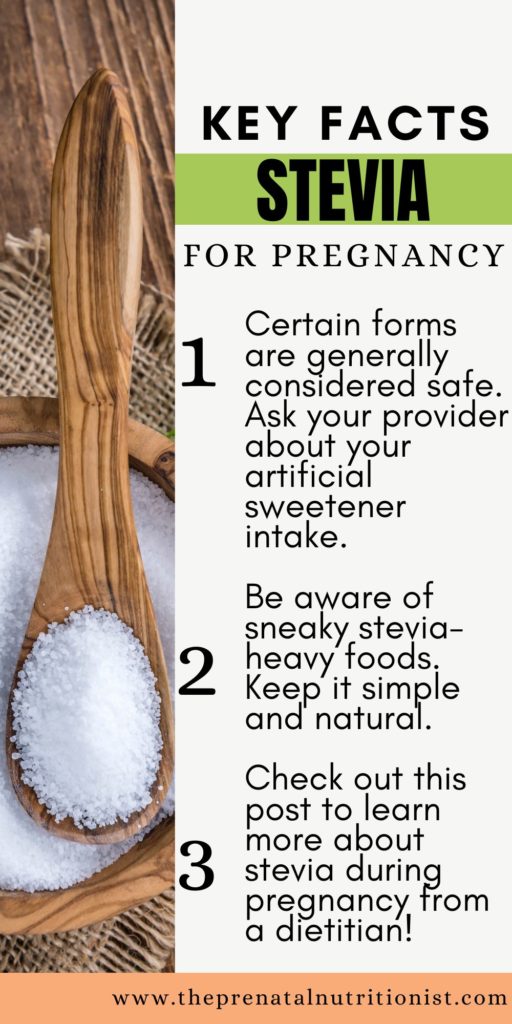
Will you be including stevia in your pregnancy diet?
Now you know whether stevia is safe for pregnancy! Let’s recap.
Refined stevia is safe for pregnancy if consumed in moderation. But whole leaf or crude stevia is a big no-no. Always remember to check with your personal doctor and dietitian first before making any alterations to your pregnancy and lactation diet.
And don’t forget to check out the rest of my blog and try my app, The Prenatal Nutrition Library, FOR FREE for answers to all your prenatal nutrition questions! We’ve got more information on artificial sweeteners during pregnancy, calorie sweeteners, gestational diabetes, sugar, and more!

